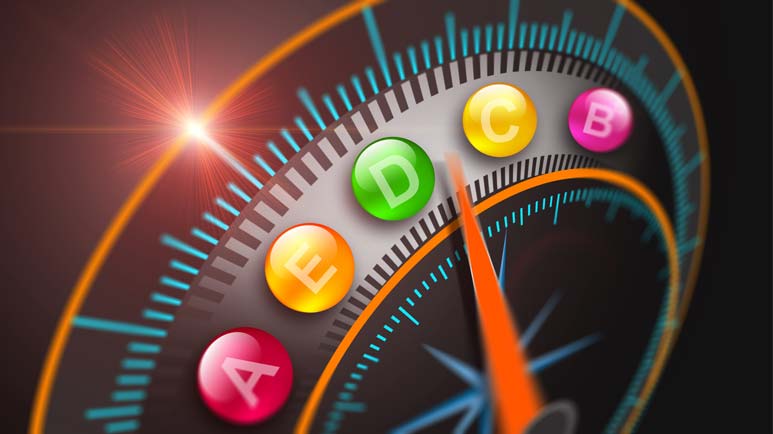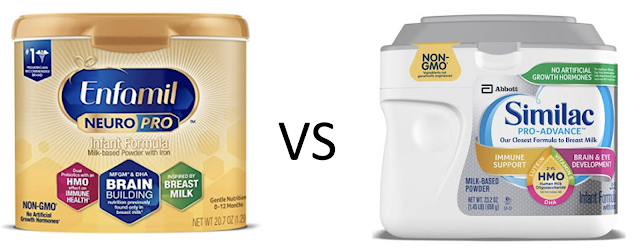Food Supplements in Malaysia: What You Need to Know
What Are Food Supplements?
Food supplements include tablets, capsules, powders, liquids and a wide variety of other forms which are taken for their health giving properties. They are composed of micronutrients, such as vitamins and minerals, and a range of other substances such as amino acids, fatty acids, plants and extracts of plants.There is no globally accepted term for dietary/food supplements and both terms are synonymous to each other. In the US for example, dietary supplement is a legal term. In Europe, the more widely used term is food supplement. In much of Asia "health supplement" is used.

Why Do People Take Supplements?
Hundreds of millions of people around the world take supplements regularly for a range of different reasons, but the main one is to maintain good health.
Many people take food supplements as a form of "health insurance", to ensure that they get an adequate intake of nutrients. With the growing body of scientific evidence that supports the potential benefits of taking higher levels of certain nutrients, people also take supplements to prevent the risk of certain illnesses and diseases.
What Are The Benefits Of Supplements - Do They Work?
Many studies have already been carried out to establish the benefits of food supplements. Antioxidants, for example, may have a protective effect against free radicals in the body which cause damage to the cellular DNA, lipids and proteins. These diseases include cardiovascular diseases, coronary heart disease and cancer.
Folic acid is known to play an important role in the prevention of neural tube defects in unborn children. Women of childbearing age are strongly advised to supplement their diet with folic acid.
Post-menopausal women and the elderly are advised to supplement their diet with calcium and vitamin D to help to maintain the bone mass and thereby reduce the risk of osteoporosis.
Almost every week or month, new studies are being published showing the healing as well as health maintenance benefits of supplements.
What Are Antioxidants?
Certain vitamins are classified as antioxidants. Antioxidants are naturally present in the body and are known to combat the damaging free radicals in our body.Antioxidants may have a protective effect against free radicals in the body, which damage body cells. Free radicals are highly reactive molecules that are created in the body as essential intermediates during normal cell metabolism. They may also be produced due to exposure to certain environmental pollutants. Increased production of free radicals (reactive oxygen species) is a feature of many human diseases, including cardiovascular disease and cancer.
Antioxidants are also used in the food industry, for example to protect food lipids against oxidative damage.
What Categories Or Types Of Supplements Are Natural And Which Are Synthetic?
Many vitamins and minerals can now be synthesised and in most cases the natural and synthetic forms are chemically equivalent. This means that the human body accepts both equally well.
What Type Of Quality Control Is Applied To Food Supplements?
The vast majority of food supplements sold around the world have been manufactured to either food or pharmaceutical Good Manufacturing Practice (GMP) standard. In some countries like the US, GMP has been developed for food supplements.
In Malaysia, every dietary supplement has to be registered with the National Pharmaceutical Regulatory Agency (NPRA). This process can take from 6 to 18 months for approval, provided all the documentation is in order.
Malaysia has one of the most stringent approval process for supplements in the world.
In Malaysia, every dietary supplement has to be registered with the National Pharmaceutical Regulatory Agency (NPRA). This process can take from 6 to 18 months for approval, provided all the documentation is in order.
Malaysia has one of the most stringent approval process for supplements in the world.
Is It Safe To Sell High Level Food Supplements?
Many vitamins such as thiamin (vitamin B1), riboflavin (vitamin B2), biotin and pantothenic acid can be ingested at almost any level without any adverse effect. Some fat soluble vitamins, such as A, D and K need to be handled with more care by some user groups and this is respected by manufacturers in the formulation of products and also by health care practitioners who may be advising on their use.
The major risk to consumers comes from iron supplements that are often prescribed to pregnant and lactating women. If young children take large quantities of such products they can suffer serious health problems. Manufactures of food supplements for general use ensure that the iron sold in their supplements is at a sufficiently low level to prevent such situations arising. Additionally, child-resistant packaging is used in a large number of countries.
When you buy from Malaysian online platforms, like Lazada, Shopee, PrestoMall, make sure that the product is approved by the NPRA. All NPRA approved supplements must have a hologram sticker on the outer carton and the label on the pack must bear a unique Malaysian registration number.
The Malaysian Dietary Supplement Association (MaDSA) have produced a video explaining how to safely buy supplements from online stores:
The major risk to consumers comes from iron supplements that are often prescribed to pregnant and lactating women. If young children take large quantities of such products they can suffer serious health problems. Manufactures of food supplements for general use ensure that the iron sold in their supplements is at a sufficiently low level to prevent such situations arising. Additionally, child-resistant packaging is used in a large number of countries.
Is It Safe To Buy Supplements Online?
Do not buy supplements from websites that are outside of Malaysia as none of the supplements are approved for sale in Malaysia. Since they are not registered by the National Pharmaceutical Regulatory Agency (NPRA) of Malaysia, their quality is not assured.When you buy from Malaysian online platforms, like Lazada, Shopee, PrestoMall, make sure that the product is approved by the NPRA. All NPRA approved supplements must have a hologram sticker on the outer carton and the label on the pack must bear a unique Malaysian registration number.
The Malaysian Dietary Supplement Association (MaDSA) have produced a video explaining how to safely buy supplements from online stores:
Related:
.png)
.png)

.jpg)
.png)



Comments